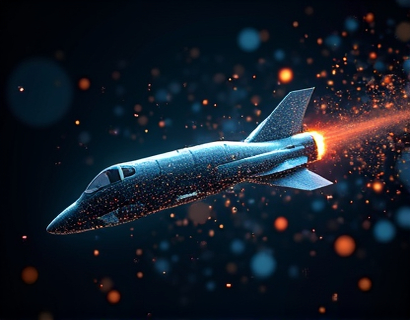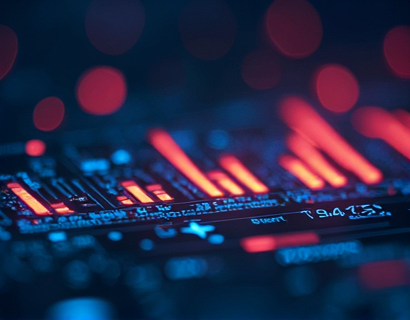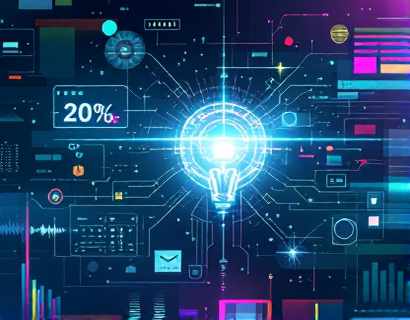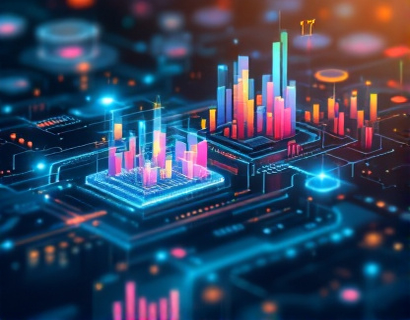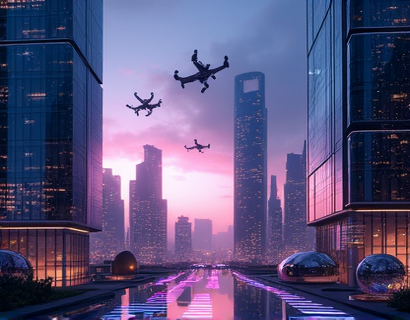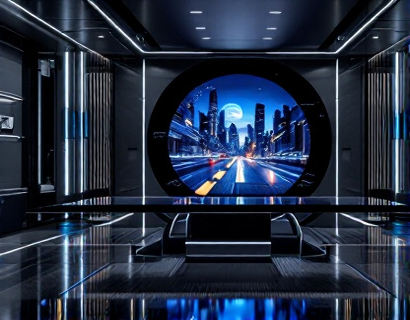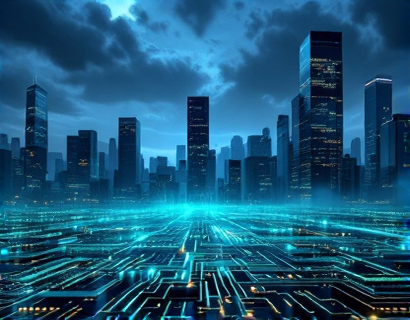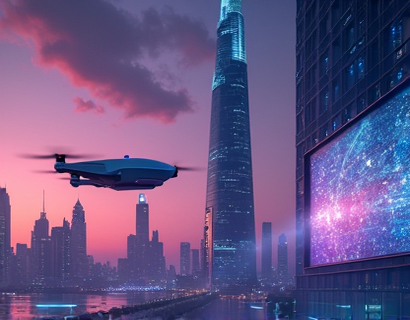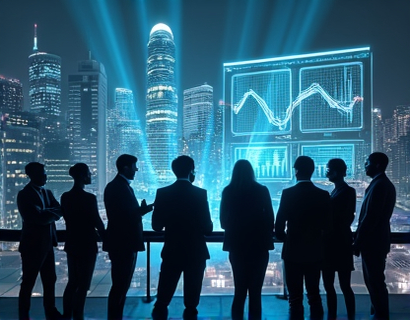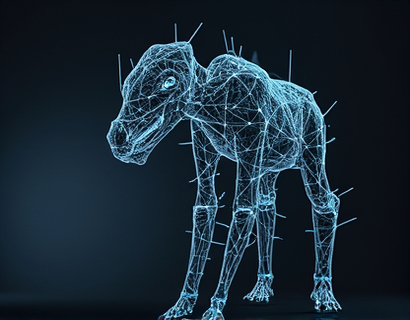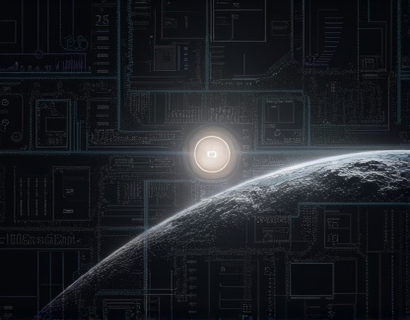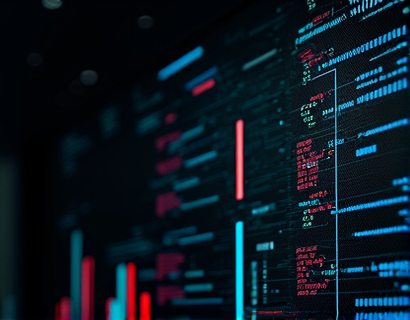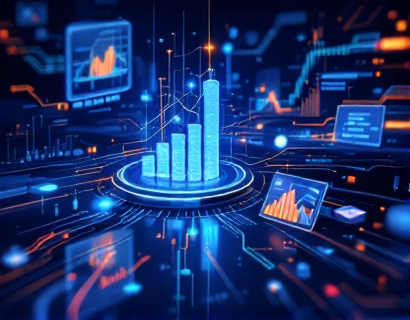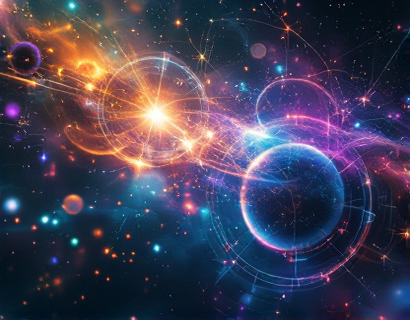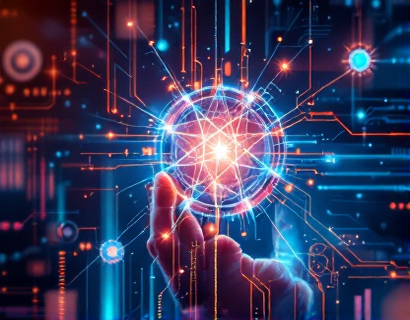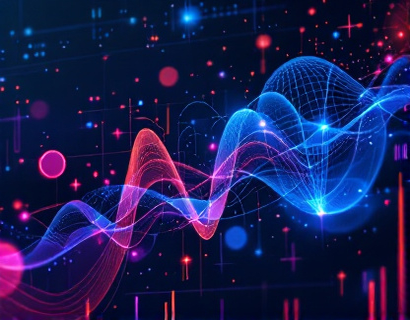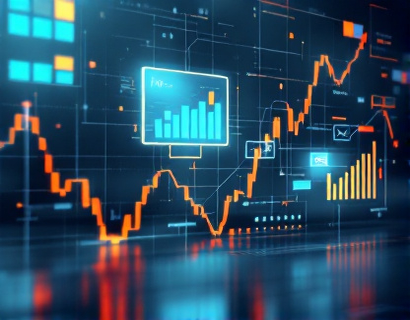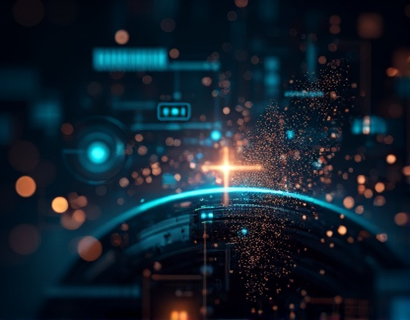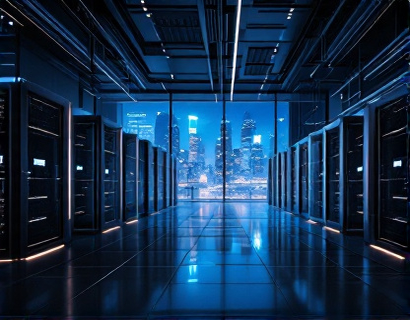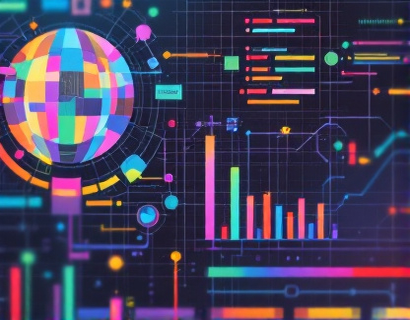Transforming Digital Experiences: The Synergy of AI and Crypto
The intersection of artificial intelligence and cryptocurrency is giving rise to a new era of digital innovation, where blockchain technology and machine learning converge to create transformative applications. This convergence, often referred to as BlockchainAI, is redefining the way we interact with digital services and applications, offering unprecedented levels of security, efficiency, and personalization. As tech-savvy individuals and enthusiasts delve deeper into the realms of cryptocurrency and AI, it becomes increasingly clear that the potential for next-generation solutions is vast and exciting.
Understanding Blockchain and AI
To fully appreciate the impact of BlockchainAI, it's essential to understand the fundamental concepts of both blockchain technology and artificial intelligence. Blockchain is a decentralized digital ledger that records transactions across multiple computers in such a way that the registered transactions cannot be altered retroactively. This technology ensures transparency, security, and immutability, making it ideal for applications requiring trust and verification.
Artificial intelligence, on the other hand, encompasses a range of technologies that enable machines to perform tasks that traditionally required human intelligence, such as learning, reasoning, and problem-solving. Machine learning, a subset of AI, focuses on building systems that can learn from and make predictions based on data. When combined, these technologies can create systems that are not only secure and transparent but also intelligent and adaptive.
The Convergence of Blockchain and AI
The integration of blockchain and AI is leading to the development of applications that leverage the strengths of both technologies. One of the primary benefits of this convergence is the enhancement of data integrity and security. Blockchain's immutable nature ensures that the data used to train AI models is tamper-proof, reducing the risk of biased or corrupted data. This, in turn, leads to more reliable and trustworthy AI outcomes.
Moreover, blockchain can facilitate decentralized AI networks where computational resources and data are shared among multiple nodes, eliminating the need for centralized servers. This decentralization not only improves scalability but also enhances privacy, as sensitive data remains on local devices rather than being stored in a central location.
Enhancing User Experiences with BlockchainAI
The synergy of blockchain and AI is particularly transformative in the realm of user experiences. By combining these technologies, developers can create applications that are not only secure and efficient but also highly personalized and intuitive. For instance, AI-driven recommendation systems powered by blockchain can offer personalized content and services while ensuring user data is securely managed and transparently handled.
Consider a digital wallet application that uses AI to predict and automate transactions based on user behavior, while blockchain ensures that all transactions are secure and verifiable. This combination not only streamlines the user experience but also builds trust through transparency and security.
Smart Contracts and AI Integration
Smart contracts, self-executing contracts with the terms directly written into code, are another area where blockchain and AI can synergize. AI can enhance smart contracts by enabling them to make more complex decisions based on real-time data analysis. For example, an AI-powered smart contract could dynamically adjust insurance premiums based on driving behavior, weather conditions, and other relevant factors, all while ensuring the integrity and transparency of the process.
This integration of AI with smart contracts can lead to more sophisticated and adaptive systems that can respond to changing conditions in real-time, providing users with more tailored and efficient services.
Decentralized Machine Learning
One of the most promising areas of BlockchainAI is decentralized machine learning, where AI models are trained and improved through a distributed network of nodes. This approach not only enhances the robustness and accuracy of AI models but also addresses concerns around data privacy and centralization.
In a decentralized ML setup, data remains on local devices, and only the model updates are shared among the network. This ensures that sensitive information is not exposed to central servers, reducing the risk of data breaches. Additionally, the collaborative nature of decentralized ML can lead to more diverse and representative models, as data from a wider range of sources is utilized.
Case Studies and Real-World Applications
Several projects and platforms are already leveraging the power of BlockchainAI to create innovative solutions. One notable example is a decentralized finance (DeFi) platform that uses AI to optimize trading strategies while ensuring transaction security through blockchain. This platform can analyze market data, predict trends, and execute trades autonomously, all while maintaining a transparent and tamper-proof record of all transactions.
Another application is in the healthcare sector, where AI-powered diagnostic tools can be integrated with blockchain to securely store and manage patient data. This ensures that medical records are accurate, up-to-date, and accessible only to authorized personnel, enhancing both the quality of care and patient privacy.
Challenges and Considerations
Despite the immense potential of BlockchainAI, there are several challenges that need to be addressed. One of the primary concerns is the computational complexity and energy consumption associated with both blockchain and AI. The process of mining blocks and training AI models requires significant computational power, which can lead to high energy costs and environmental impact.
To mitigate these issues, the development of more efficient algorithms and the adoption of renewable energy sources are crucial. Additionally, the regulatory landscape for blockchain and AI is still evolving, and ensuring compliance with varying legal requirements across different jurisdictions is essential for the widespread adoption of these technologies.
Future Prospects
The future of BlockchainAI is bright, with ongoing research and development poised to unlock even more innovative applications. As the technology matures, we can expect to see more seamless integrations that enhance various aspects of digital life, from finance and healthcare to education and entertainment.
The potential for creating truly decentralized and intelligent systems that prioritize user privacy and security is immense. With continued advancements, BlockchainAI has the potential to not only transform existing industries but also give rise to entirely new sectors and opportunities.
For those interested in exploring this exciting frontier, staying informed about the latest developments in both blockchain and AI is key. Engaging with communities, following industry leaders, and experimenting with blockchain and AI projects can provide valuable insights and hands-on experience in this rapidly evolving field.



